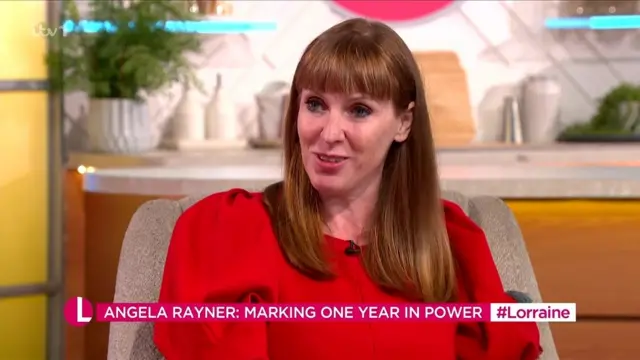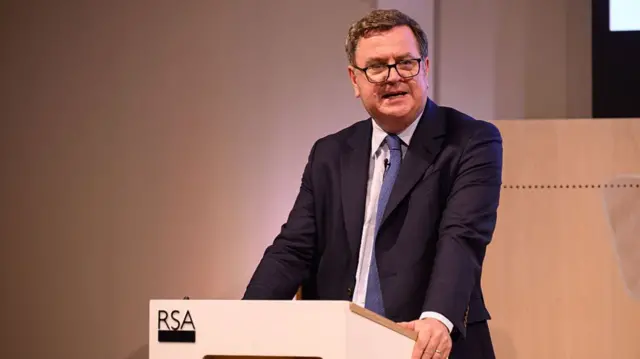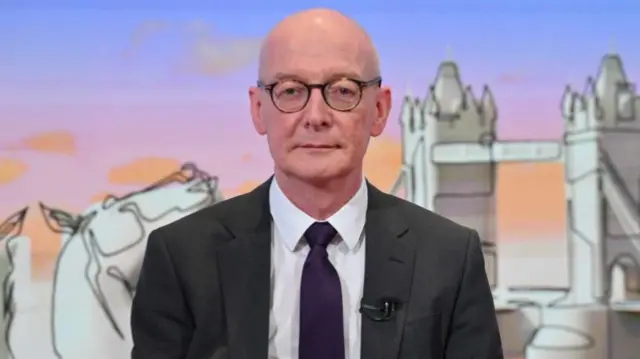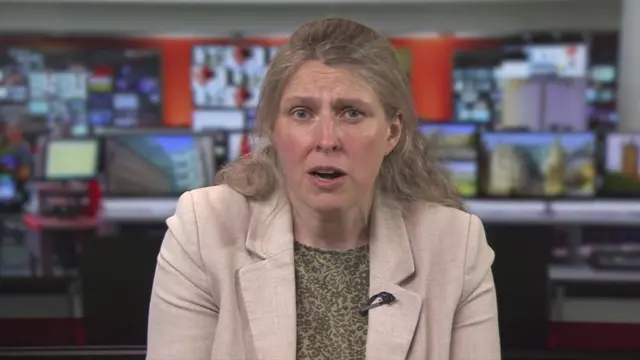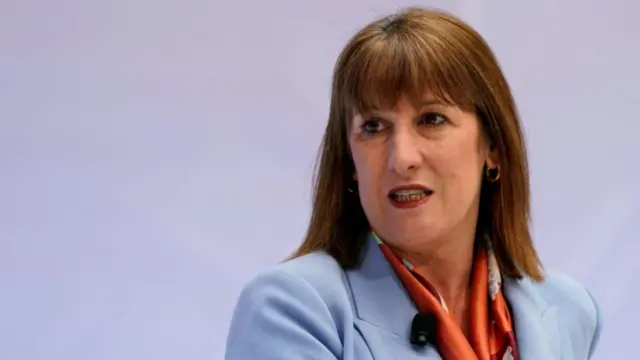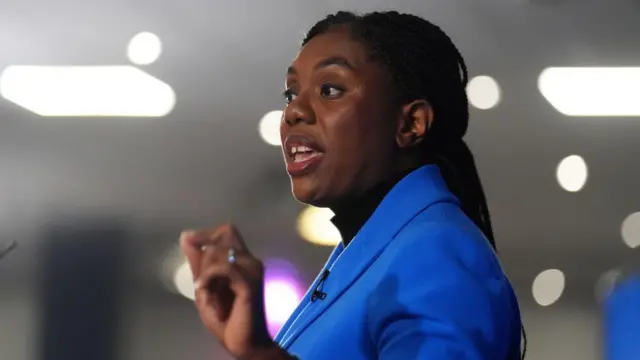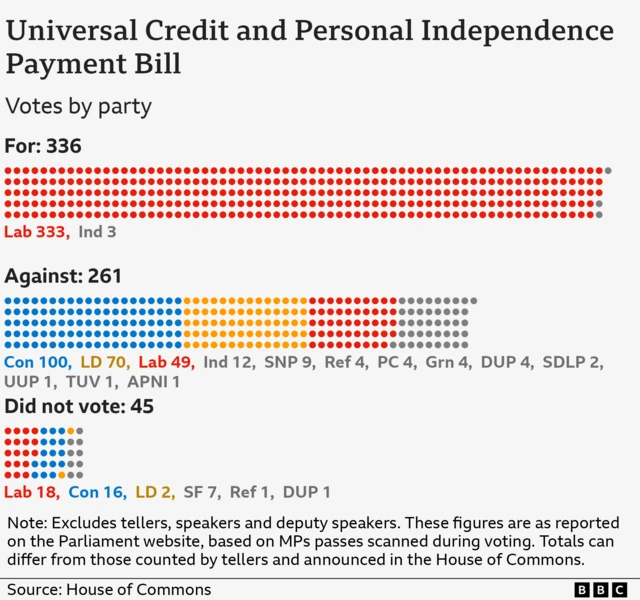'Complete reset' needed, one Labour rebel sayspublished at 10:52 BST 2 July
 Leila Nathoo
Leila Nathoo
Political correspondent
The rebels are still angry about where this has ended up.
One who voted against the government's plans last night - despite the concessions - said a "deep seated arrogance at the heart of government" had led to this point, saying "they ‘could have told them this would end in tears and it has".
The rebel said a "complete reset" was needed - in the form of the Chancellor Rachel Reeves abandoning her fiscal rules.
Other MPs have told me that Rachel Reeves doesn’t have much support in the party at this point. She’ll certainly be feeling the pressure - both politically and economically - in the run up to the budget.

